
Zanzibar, a jewel in the Indian Ocean, is a haven of pristine beaches, turquoise waters, and rich cultural heritage. Renowned as the Spice Island, it captivates visitors with its aromatic spice farms, historic Stone Town, and vibrant Swahili culture. Whether you're seeking relaxation on powdery white sands, snorkelling in coral reefs, or exploring the island’s fascinating history, Zanzibar offers a perfect blend of adventure and tranquillity. With its warm hospitality and stunning natural beauty, this tropical paradise is an unforgettable destination waiting to be explored.
Trust
Your Endless Travel to organise your holiday to Zanzibar. Not only are all of our packages completely tailormade to you and your travelling party, all our products are hand picked and tested by our specialists. We are also proud to hold our ATOL Licence and PTS membership, meaning you can be sure that every penny of your holiday if financially protected.
Discover the Enchanting Paradise of Zanzibar
Top Destinations in
Zanzibar
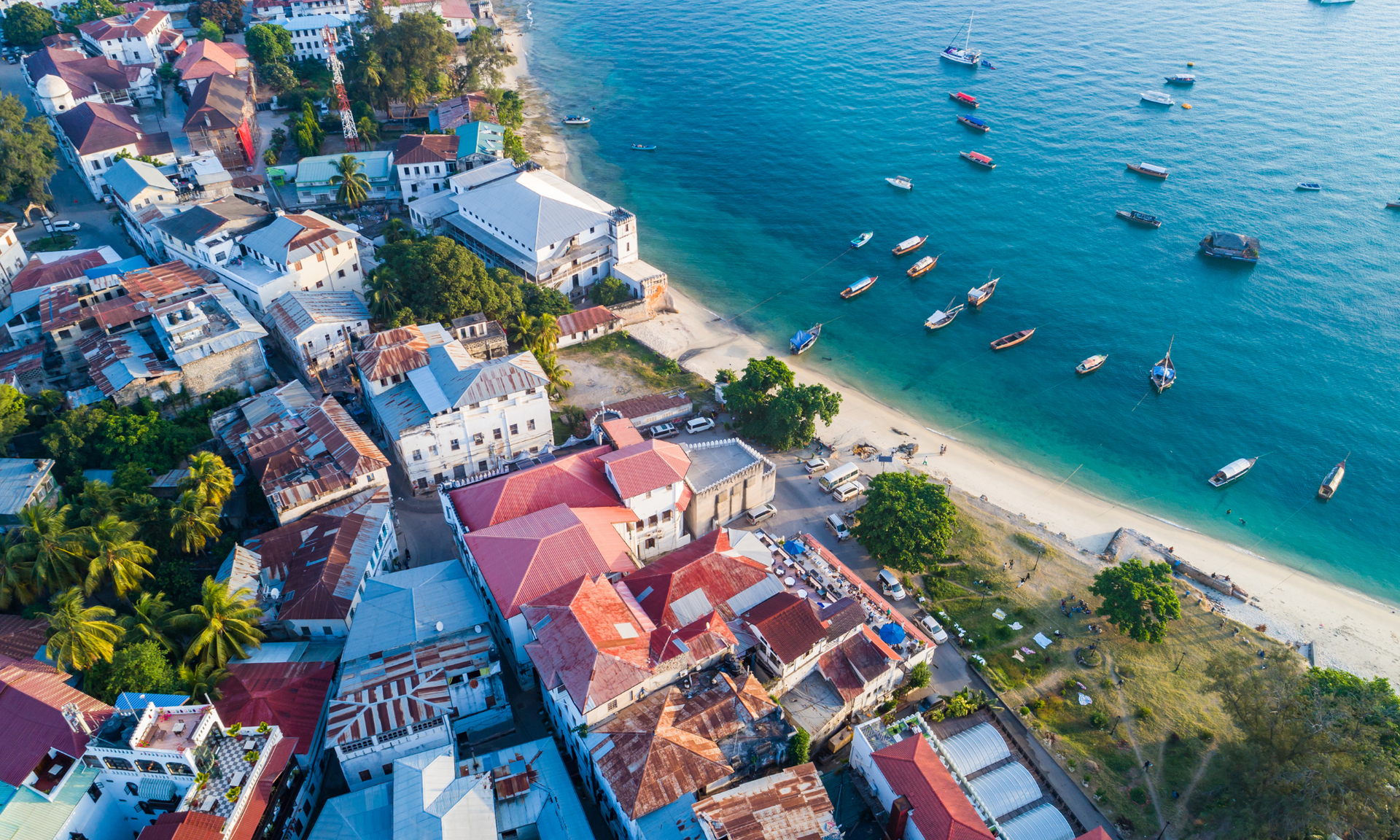
Stone Town
A UNESCO World Heritage Site, Stone Town captivates with its maze of narrow streets, historic Swahili-Arabian architecture, and lively markets. Rich in culture and history, it’s the heart of Zanzibar’s heritage, offering endless discoveries.
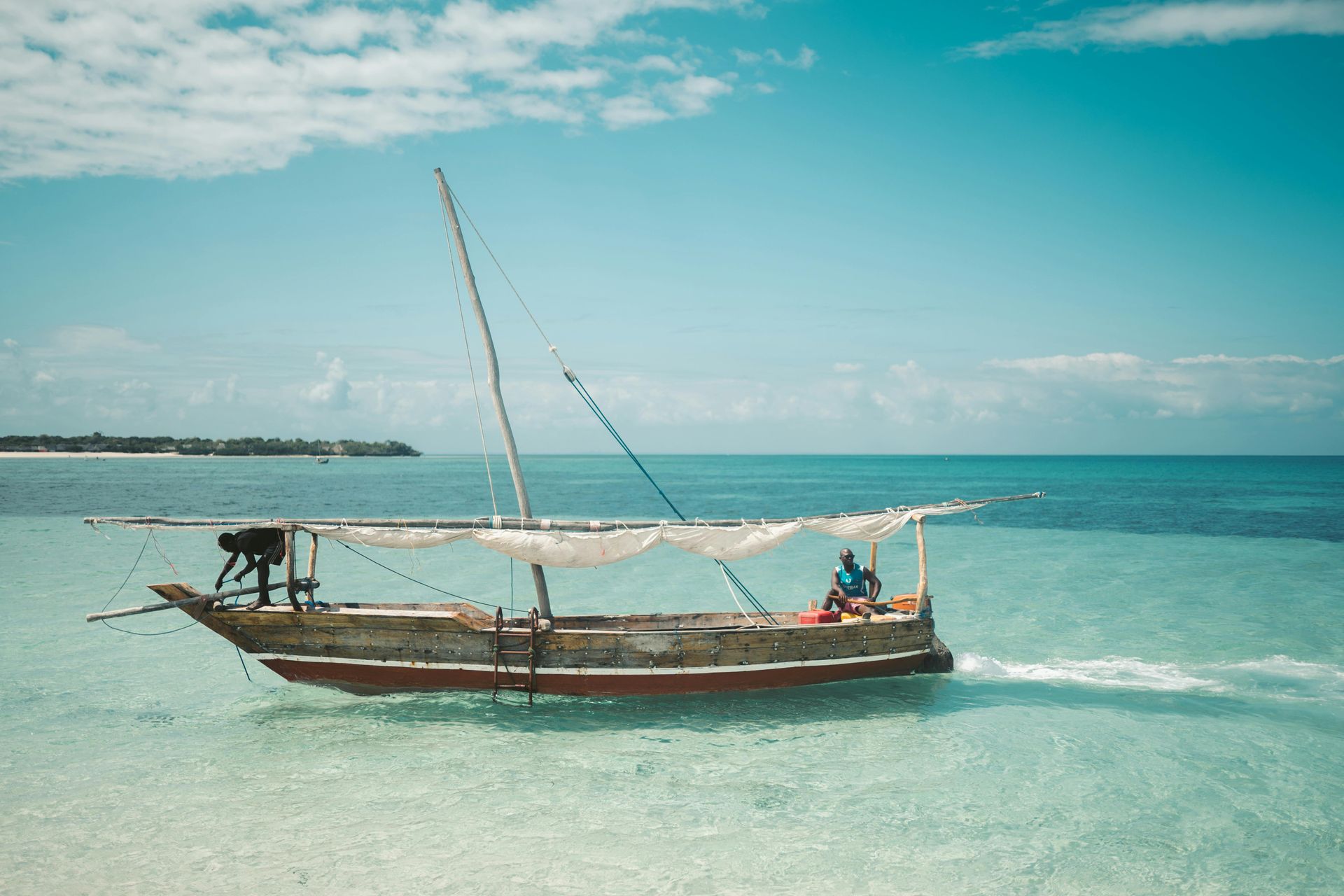
Nungwi Beach
Famous for its crystal-clear waters and soft white sands, Nungwi Beach is a vibrant hub for beach lovers. With lively nightlife, water sports, and stunning sunsets, it’s an ideal destination for relaxation and adventure.
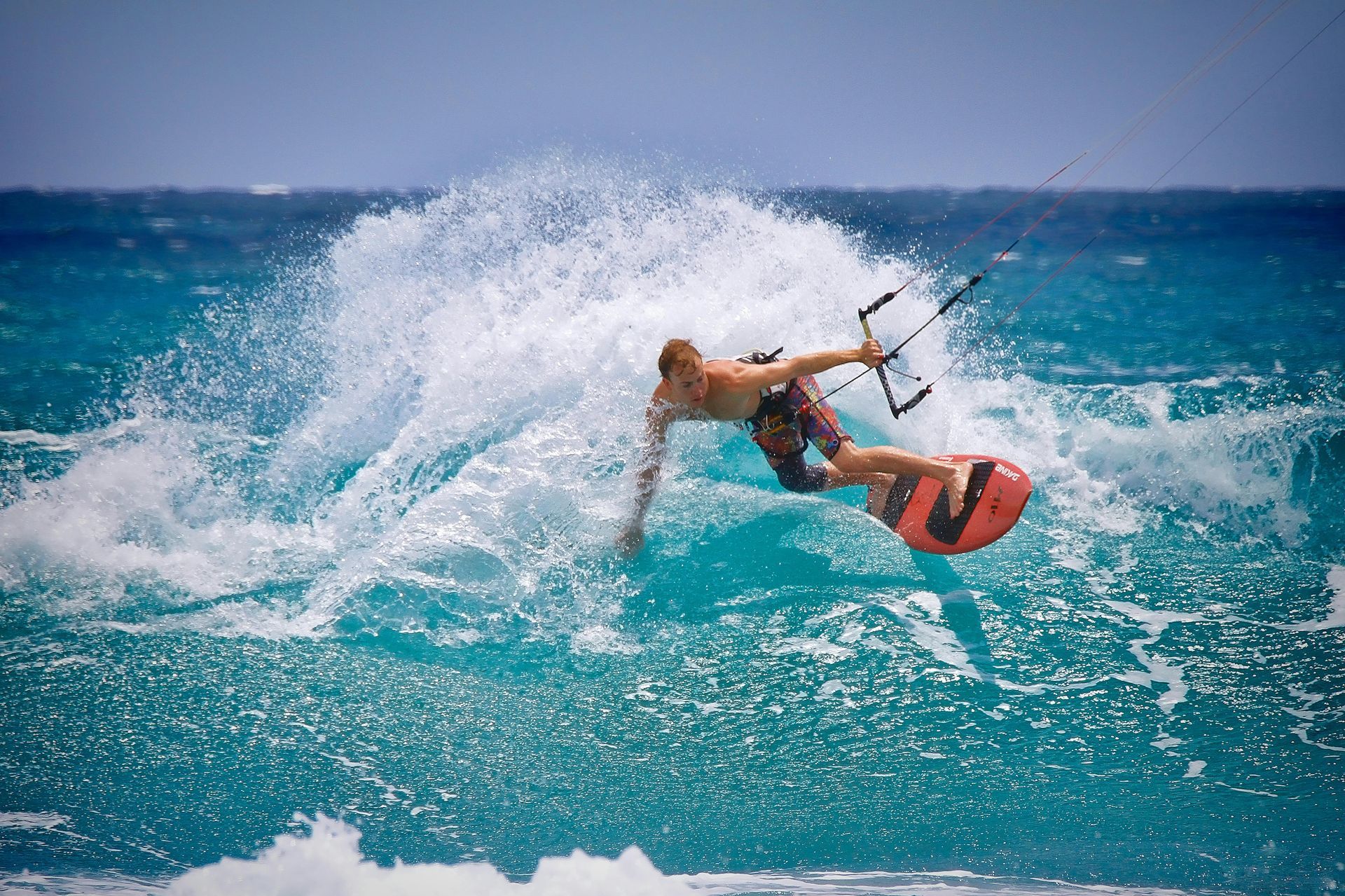
Paje Beach
A paradise for kite surfers, Paje Beach combines laid-back charm with thrilling water sports. Its long stretches of white sand and turquoise waters create a perfect escape for those seeking both activity and tranquillity.
Mnemba Atoll
This marine reserve is a dream for snorkellers and divers, boasting vibrant coral reefs and abundant marine life. Just off the coast, Mnemba Atoll is a serene haven for underwater exploration and pristine beauty.
Kendwa Beach
Just south of Nungwi, Kendwa Beach offers calm, swimmable waters, breathtaking sunsets, and a lively atmosphere. Known for its Full Moon parties, it’s a perfect spot for relaxation and celebration alike.
Matemwe Beach
Quiet and secluded, Matemwe Beach is an idyllic retreat for peace-seekers. Its proximity to Mnemba Atoll makes it a favourite for snorkelling and diving, while its local charm ensures a tranquil experience.
Jambiani Beach
A charming fishing village, Jambiani Beach is perfect for a peaceful escape. With its relaxed vibe, warm hospitality, and opportunity to experience local culture, it’s an excellent choice for a low-key beach getaway.
Michamvi Peninsula
This picturesque area boasts Michamvi Kae, offering stunning sunsets, and Michamvi Pingwe, home to the iconic Rock Restaurant. Its secluded beaches make it ideal for unwinding in natural beauty and tranquillity.
Kiwengwa Beach
Nicknamed "Little Italy," Kiwengwa Beach combines luxurious resorts with a lively, cosmopolitan vibe. Its long sandy shores and calm waters are perfect for both relaxation and family-friendly activities.
Bwejuu Beach
Known for its quiet beauty, Bwejuu Beach is a peaceful sanctuary for those seeking solitude. Dotted with boutique hotels, it’s an excellent base for unwinding or exploring Zanzibar’s natural and cultural treasures.
Dongwe Beach
A serene and upscale destination, Dongwe Beach features luxury resorts and access to pristine coral reefs. It’s an ideal spot for snorkelling or simply relaxing in a refined, tranquil setting.
Pemba Island
Known as Zanzibar’s “Green Island,” Pemba is a lush, unspoiled paradise offering a more off-the-beaten-path experience. Its rolling hills, clove plantations, and vibrant coral reefs make it perfect for diving, snorkelling, and exploring untouched beauty.
Stone Town
A UNESCO World Heritage Site, Stone Town captivates with its maze of narrow streets, historic Swahili-Arabian architecture, and lively markets. Rich in culture and history, it’s the heart of Zanzibar’s heritage, offering endless discoveries.
Nungwi Beach
Famous for its crystal-clear waters and soft white sands, Nungwi Beach is a vibrant hub for beach lovers. With lively nightlife, water sports, and stunning sunsets, it’s an ideal destination for relaxation and adventure.
Our Latest Zanzibar Offers
14-Day Explore Zanzibar Itinerary
(Sample Itinerary)
This itinerary offers a fantastic overview of Zanzibar's rich history and the relaxation of the island's stunning beaches. It’s a perfect introduction to the country for first-time visitors, combining nature, culture, and plenty of beach time. It could be combined with some time on the mainland, perhaps exploring one or more of Tanzania's stunning safari destinations.
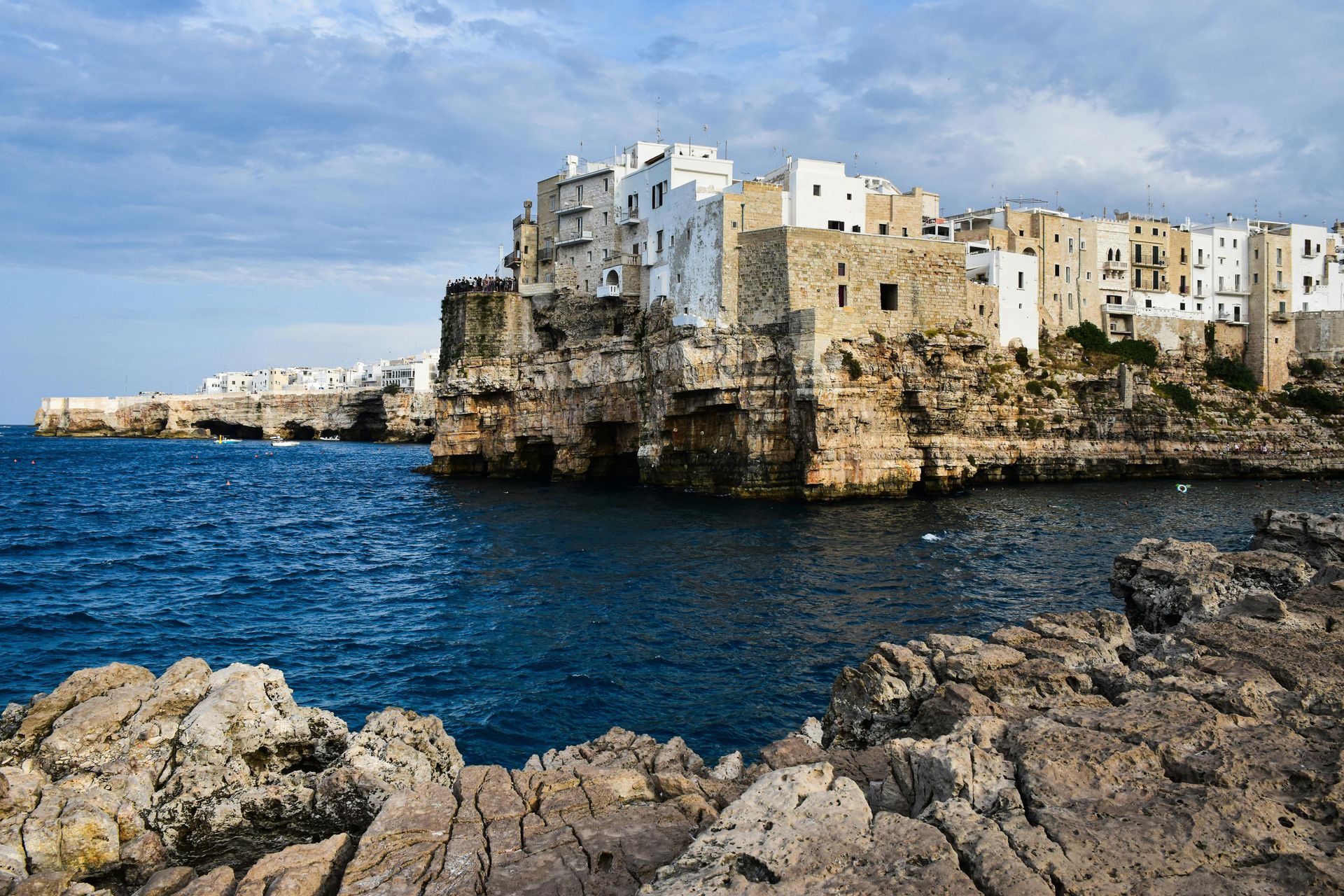
Arrival in Zanzibar & Discover Stone Town
Day 1: Arrival in Zanzibar and Stone Town Exploration
- Arrive at Abeid Amani Karume International Airport and transfer to your boutique hotel in the heart of Stone Town.
- Enjoy a welcome drink and settle in.
- Spend the afternoon exploring the labyrinthine streets of Stone Town, visiting key landmarks such as the Old Fort, Forodhani Gardens, and the House of Wonders.
- Dinner at a rooftop restaurant with views of the Indian Ocean.
Day 2: Historical and Cultural Tour of Stone Town
- After breakfast, join a guided historical tour of Stone Town.
- Visit the Slave Market Memorial, St. Joseph’s Cathedral, and the Sultan’s Palace Museum.
- Stop by the bustling Darajani Market for a taste of local life.
- In the afternoon, take a traditional dhow cruise to witness the sunset.
- Enjoy a Swahili dinner at a local restaurant.
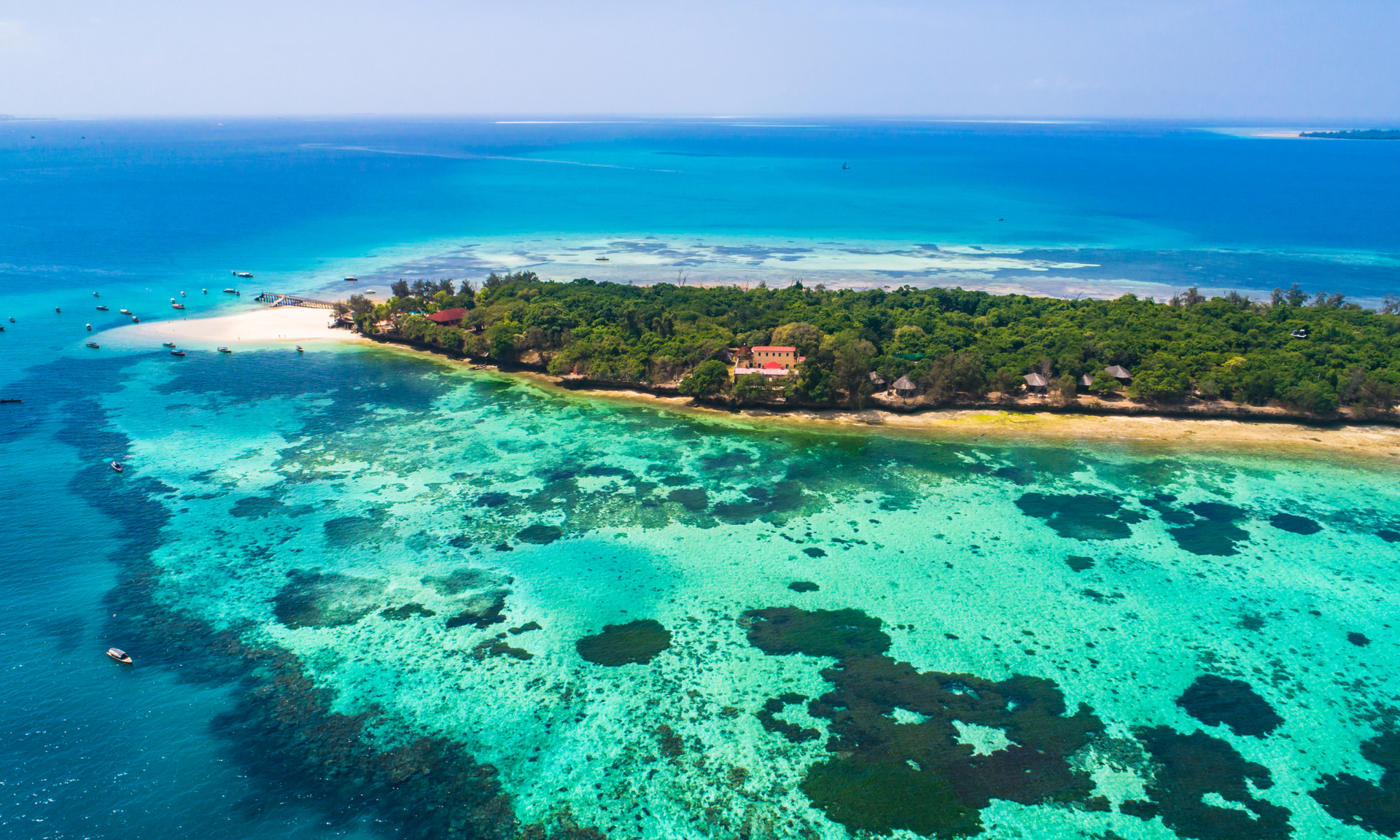
Explore Zanzibar: Spice Tour & Prison Island
Day 3: Spice Tour and Jozani Forest
- Embark on a morning spice tour to discover why Zanzibar is known as the “Spice Island.” Smell, taste, and learn about spices like clove, vanilla, and cinnamon.
- After lunch, visit Jozani Forest, home to the endangered red colobus monkey and other unique flora and fauna.
- Return to Stone Town for an evening at leisure.
Day 4: Prison Island and Beach Hopping
- Take a short boat ride to Prison Island, famous for its giant Aldabra tortoises and historical significance.
- Enjoy snorkelling in the clear waters around the island.
- Spend the afternoon relaxing on a nearby beach.
- Return to Stone Town for your final evening in the city.
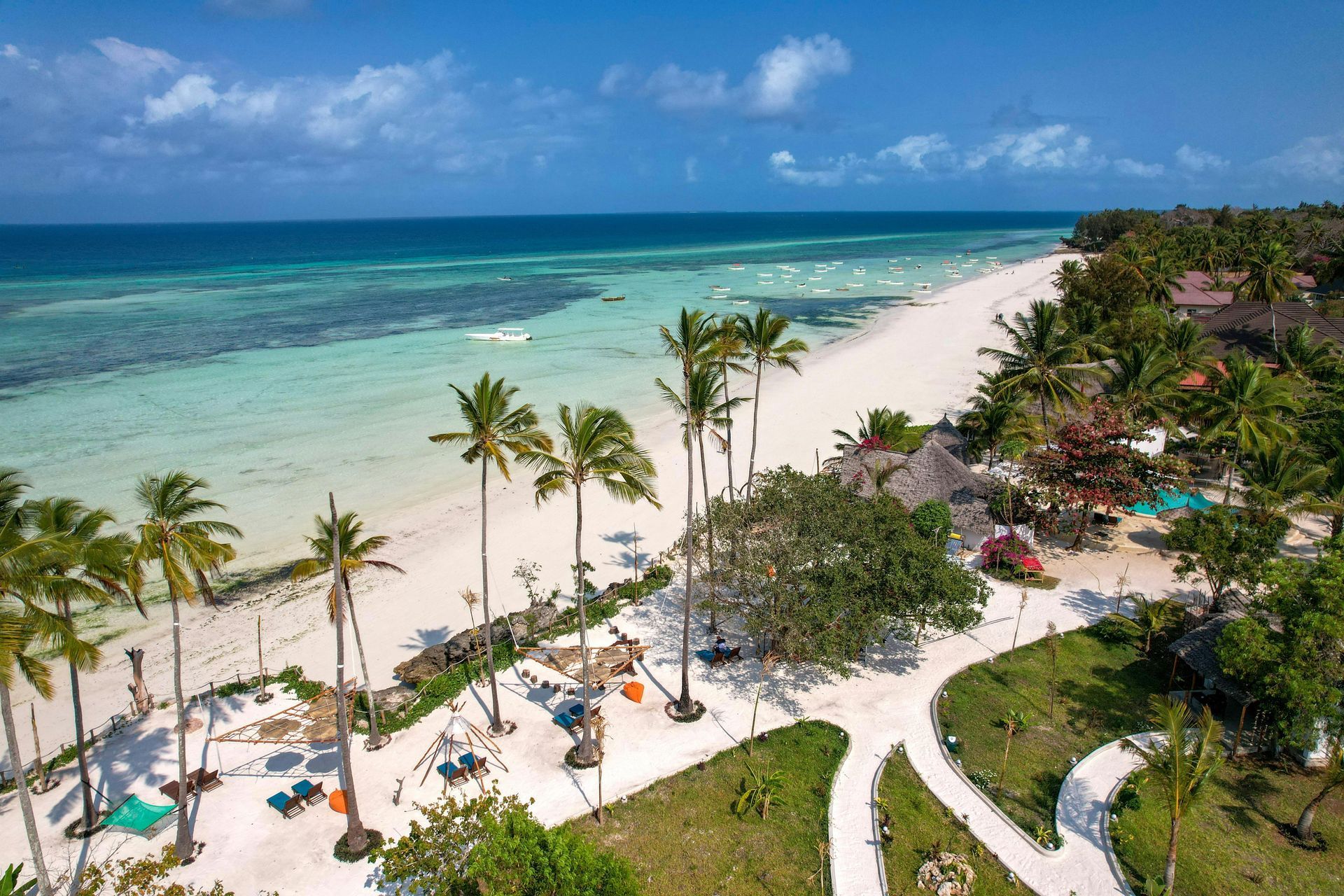
Relax at Your Beach Resort
Days 5-13: Soak up the Sun, Sea and Sand
Transfer to a luxurious beach resort on Zanzibar’s east coast for nine nights of relaxation and exploration.
Suggested activities include:
- Snorkelling at Mnemba Atoll and exploring vibrant coral reefs.
- Joining a Safari Blue tour for dhow sailing, sandbank picnics, and snorkelling.
- Visiting a local fishing village for cultural experiences and a cooking class.
- Exploring marine ecosystems on a guided reef walk during low tide.
- Taking an early morning dolphin tour in Kizimkazi.
- Enjoying water sports such as kayaking, paddleboarding, kite surfing, or diving.
- Unwinding with spa treatments, sunset cruises, or yoga sessions on the beach.
Indulge in fresh seafood and delicious international cuisine throughout your stay.

Departure
Day 14: Time to Go Home
After breakfast, transfer to the airport for your departure flight.
Bid farewell to Zanzibar, taking with you unforgettable memories of the Spice Island.
Our Zanzibar Specialists' Top Tips



Luke Skinner

Suzy
Book A Call With One Of Our Zanzibar Travel Specialists
When to Travel to Zanzibar: A Month-by-Month Guide

January
January in Tanzania and Zanzibar is a fantastic time to visit, offering warm and sunny weather throughout much of the region. This month marks the beginning of the short dry season, making it ideal for outdoor activities and wildlife viewing.
Weather and Popularity
Expect warm and humid conditions with daytime temperatures ranging from 25°C to 32°C. Zanzibar enjoys plenty of sunshine, making it perfect for beach activities, although occasional brief afternoon thunderstorms can occur. This month is popular among tourists, making it one of the busier times of the year.
Events and Festivals:
- Mango Season: Enjoy the local mangoes in full swing.
- Clove Harvest in Pemba: Witness the end of the clove harvest, a significant cultural event.
Activities and Tours:
- Southern Serengeti: This is the calving season for wildebeest, offering spectacular wildlife viewing opportunities as predators are also highly active.
- Zanzibar: Perfect for sunbathing and water activities. The sea temperature is around 30°C, ideal for swimming and snorkeling. Kite surfing is popular on the east coast due to the north-eastern ‘kaskazi’ wind.
Additional Insights:
- Lively Atmosphere: January is bustling with tourists, making it a lively time to visit. Bars, restaurants, and attractions are buzzing with activity.
- Higher Costs: Due to high demand, expect higher prices for flights and accommodation. Booking in advance is recommended.
- Temperature: Average temperatures hover around 27°C, with warmer conditions in the south and slightly cooler temperatures in the north, especially in mountainous areas.
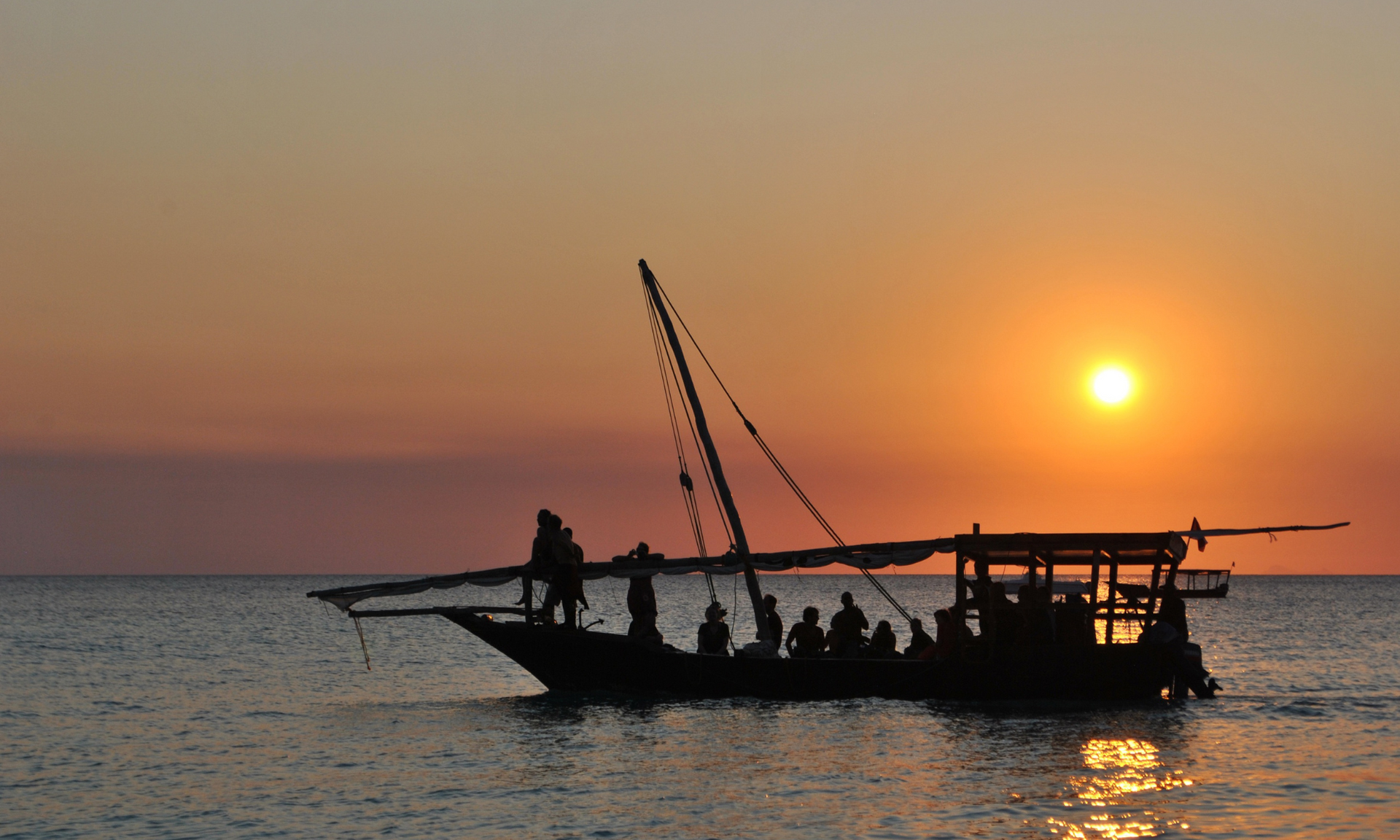
February
February continues the favorable weather conditions of January, making it another excellent month to visit Tanzania and Zanzibar. The short dry season persists, providing ideal conditions for wildlife viewing and beach activities.
Weather and Popularity
Daytime temperatures remain warm, averaging between 25°C and 32°C, with minimal rainfall. This month is slightly less busy than January, offering a more relaxed atmosphere.
Events and Festivals:
- Whale Shark Season: Swim with whale sharks off Mafia Island, thanks to clear visibility.
Activities and Tours:
- Southern Serengeti: The wildebeest calving season continues, providing excellent opportunities for predator sightings.
- Ngorongoro Crater: Fewer tourists make it a great time for wildlife viewing.
Additional Insights:
- Comfortable Travel: With fewer tourists compared to January, February offers a more relaxed travel experience.
- Wildlife Viewing: The continued calving season in the Serengeti means predators are highly active, making for thrilling safari experiences.
- Beach Activities: Zanzibar’s beaches are perfect for sunbathing, swimming, and snorkeling, with warm sea temperatures and clear waters.
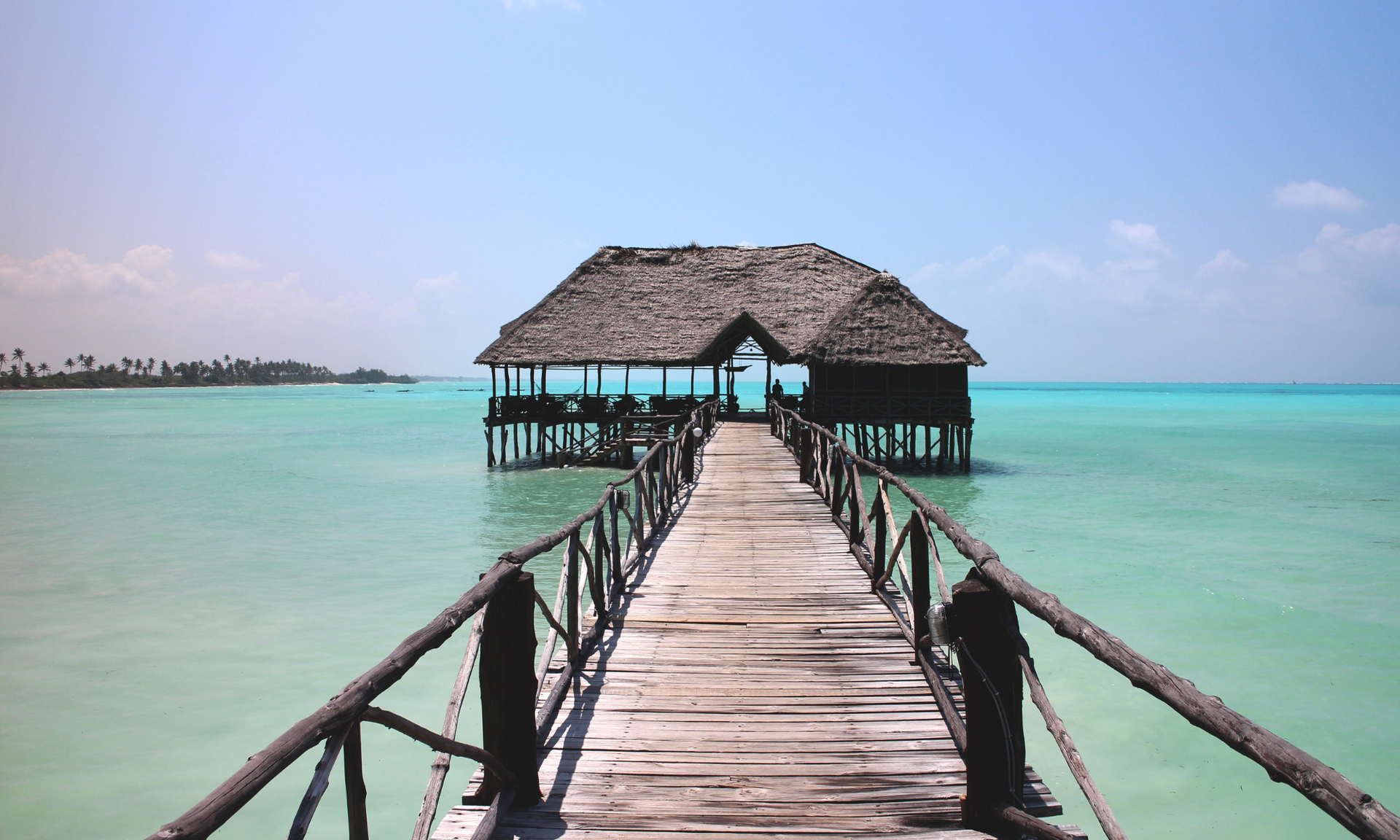
March
March marks the transition from the short dry season to the long rains, especially towards the end of the month. While the weather remains warm, increased rainfall can be expected, particularly in the afternoons.
Weather and Popularity
Temperatures remain warm, but rainfall increases, particularly in the afternoons. Tourist numbers start to decrease, making it a quieter time to visit.
Events and Festivals:
- Bird Watching: Excellent time for bird watching in Selous Game Reserve due to lush landscapes.
Activities and Tours:
- Southern Serengeti: Last chance to see the wildebeest calving before the herds start moving north.
- Zanzibar: Warm weather persists, though rain becomes more frequent.
Additional Insights:
- Quieter Atmosphere: With fewer tourists, March offers a more peaceful travel experience.
- Lush Landscapes: The onset of the rains brings lush, green landscapes, enhancing the beauty of the region.
- Wildlife Viewing: Although the rains begin, wildlife viewing remains excellent, particularly for bird enthusiasts.
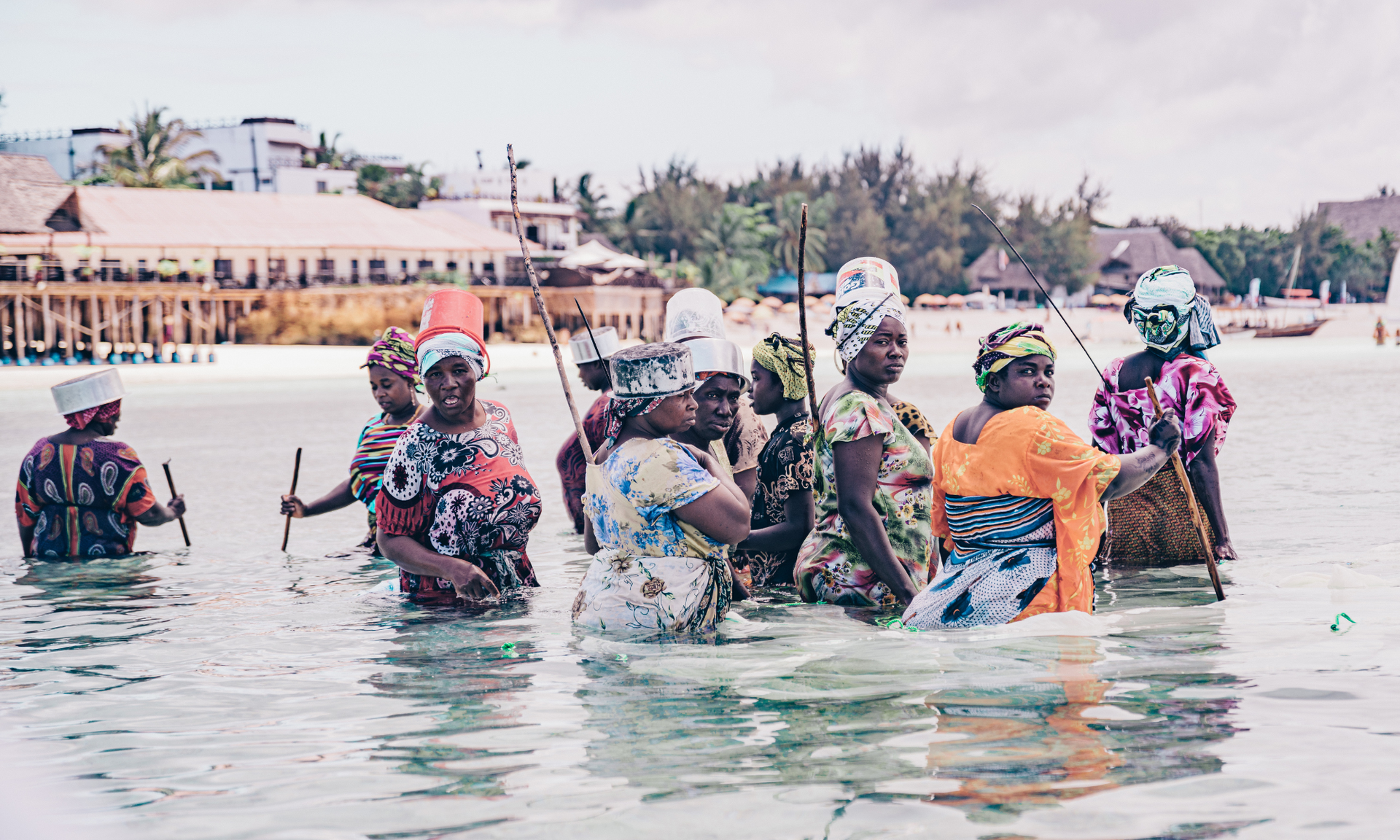
April
April is the peak of the long rains, making some areas challenging to access. However, temperatures remain warm, and the landscape is lush and green. This is the low season for tourism, so expect fewer crowds and lower prices.
Weather and Popularity
April is characterized by heavy rains, making some areas difficult to access. However, the temperatures remain warm, and the landscape is lush and green. This is the low season for tourism, so expect fewer crowds and lower prices.
Events and Festivals:
- Easter Celebrations: Experience local Easter traditions and festivities.
Activities and Tours:
- Selous Game Reserve: Fewer tourists and excellent bird watching opportunities.
- Zanzibar: Despite the rain, beach activities are still possible during dry spells.
Additional Insights:
- Lower Costs: With fewer tourists, travel costs are lower, making it a budget-friendly time to visit.
- Lush Scenery: The rains bring vibrant greenery, creating stunning landscapes.
- Peaceful Experience: Enjoy a more tranquil experience with fewer tourists around.
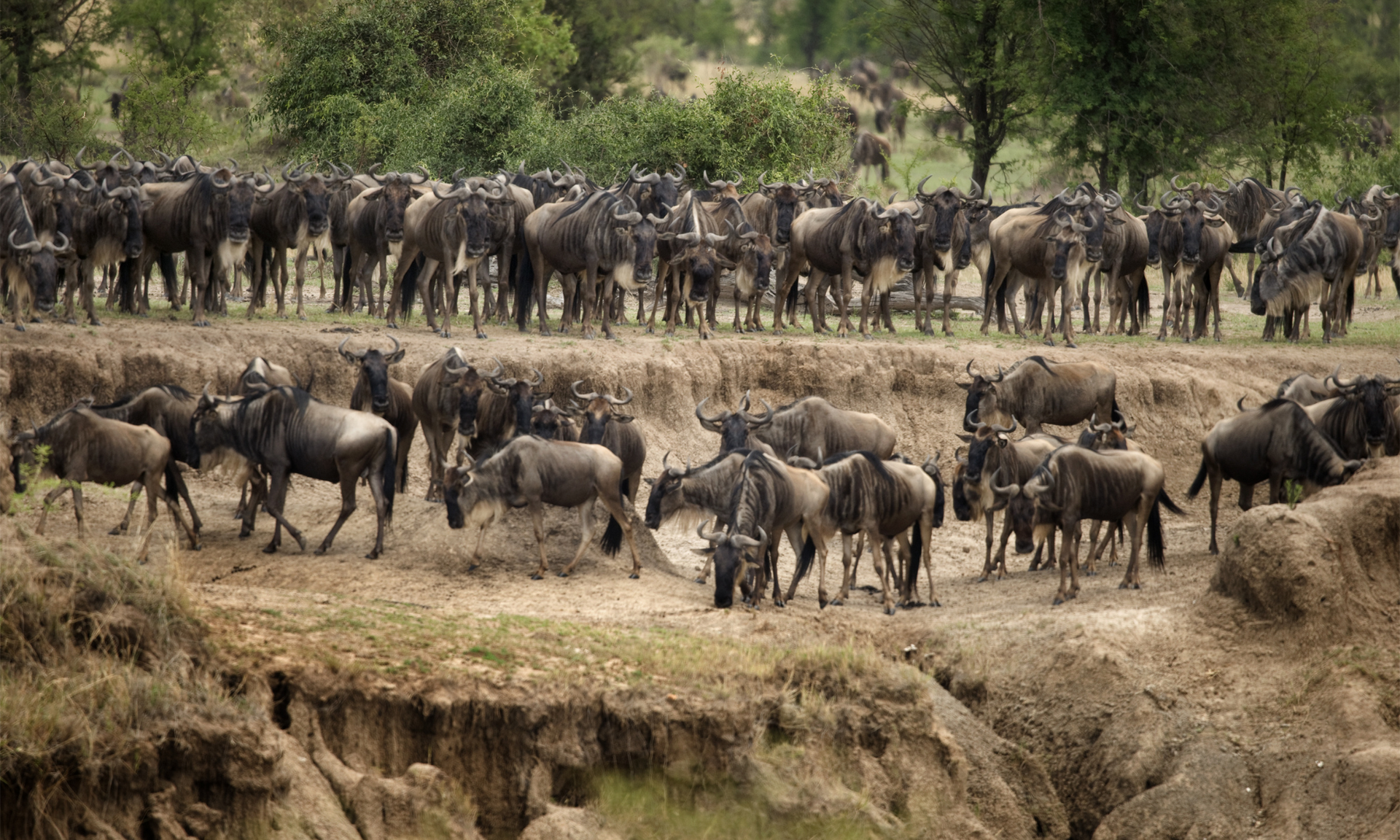
May
Weather and Popularity
May sees the end of the long rains, with rainfall tapering off towards the end of the month. Temperatures cool slightly, making it more comfortable for travel. Tourist numbers begin to increase as the weather improves.
Events and Festivals:
- International Workers' Day: Celebrated on May 1st with various local events.
Activities and Tours:
- Serengeti: Migration herds start moving towards the central and western regions.
- Mount Kilimanjaro: Clearer skies and cooler temperatures make it a good time for climbing.
Additional Insights:
- Improving Weather: As the rains end, the weather becomes more favorable for outdoor activities.
- Wildlife Viewing: The migration begins, offering excellent opportunities for wildlife enthusiasts.
- Cultural Events: Participate in local celebrations and events, adding a cultural dimension to your trip.
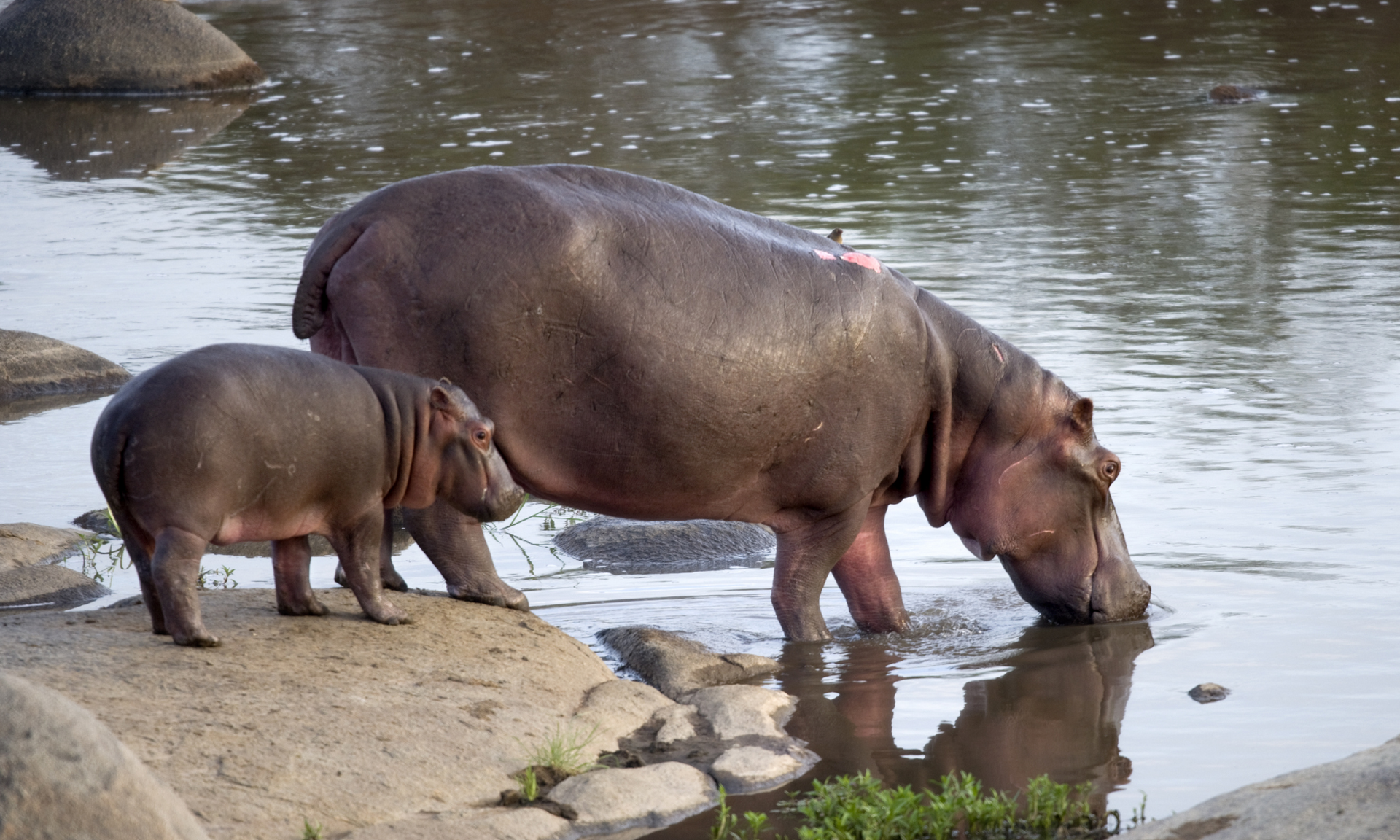
June
Weather and Popularity
June marks the beginning of the long dry season. Expect cooler temperatures and minimal rainfall, creating ideal travel conditions. This is a popular time for safaris, so expect more tourists.
Events and Festivals:
- Zanzibar International Film Festival: A major cultural event showcasing films from Africa and beyond.
Activities and Tours:
- Western Serengeti: Witness the Great Migration and Grumeti River crossings.
- Ngorongoro Crater: Excellent wildlife viewing and comfortable weather.
Additional Insights:
- Ideal Safari Conditions: The dry season offers the best conditions for safaris, with minimal rainfall and cooler temperatures.
- Cultural Events: The Zanzibar International Film Festival adds a cultural highlight to your trip.
- Wildlife Viewing: The Great Migration and other wildlife spectacles make June an exciting time to visit.

July
Weather and Popularity
July is part of the long dry season, characterized by cool and dry conditions, especially in the mornings and evenings. This is peak safari season, so expect high tourist numbers and book accommodations well in advance.
Events and Festivals:
- Mwaka Kogwa Festival: A traditional Shirazi New Year celebration in Zanzibar, featuring rituals and festivities.
Activities and Tours:
- Northern Serengeti: The wildebeest migration towards the Mara River is a spectacular sight.
- Zanzibar: Perfect beach weather, ideal for diving and snorkeling.
Additional Insights:
- Peak Season: July is a busy month, so plan and book your trip well in advance.
- Wildlife Spectacles: The Mara River crossings during the Great Migration are a highlight.
- Beach Activities: Zanzibar’s beaches offer perfect conditions for water activities and relaxation.
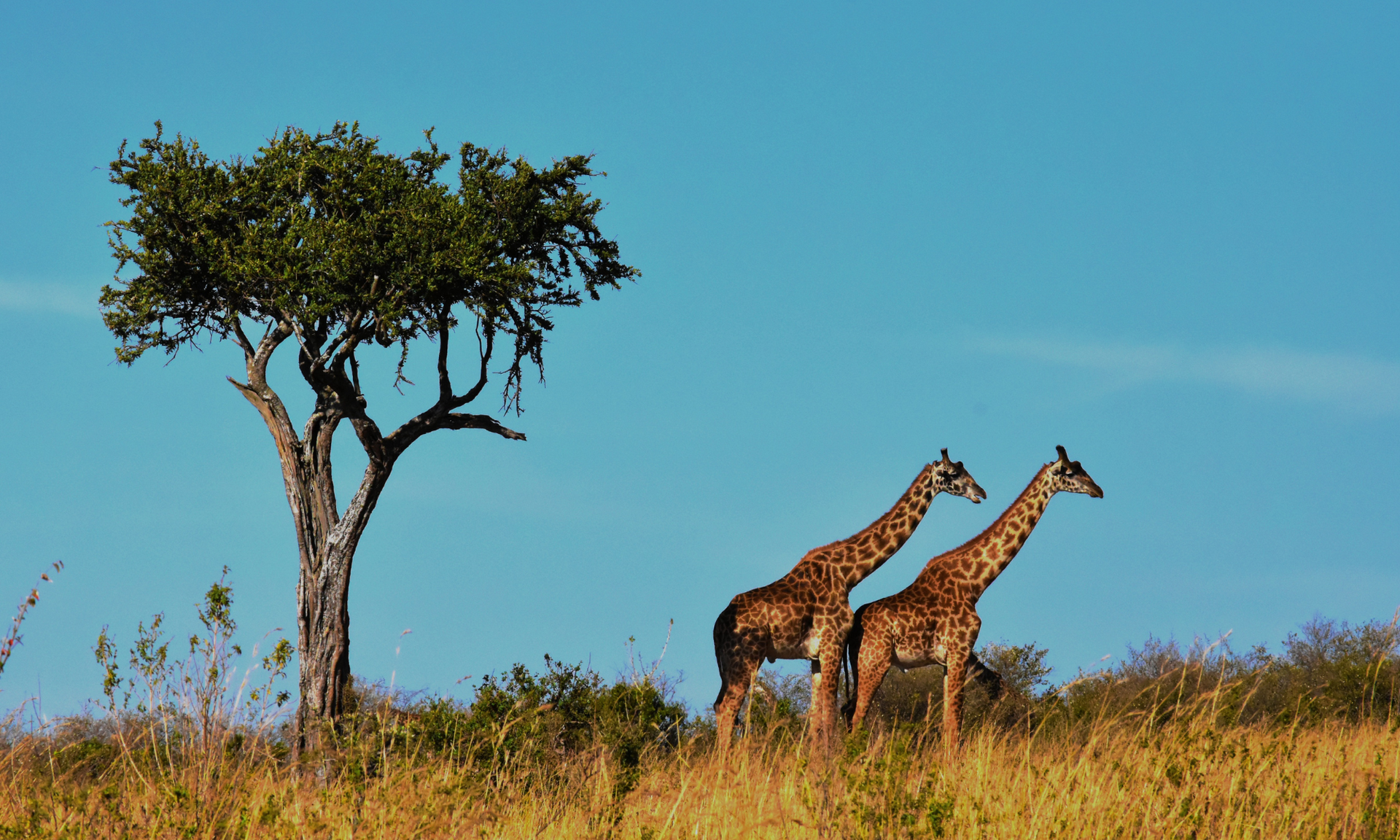
August
August is one of the best months to visit Tanzania and Zanzibar, offering cool, dry, and sunny weather. This period is ideal for safaris and beach holidays, with minimal rainfall and comfortable temperatures.
Weather and Popularity:
August is part of the long dry season, characterized by clear skies and pleasant temperatures ranging from 20°C to 28°C. This is a peak tourist season, so expect higher prices and more visitors.
Events and Festivals:
- Mwaka Kogwa Festival: A traditional Shirazi New Year celebration in Zanzibar, featuring rituals, music, and dance.
Activities and Tours:
- Northern Serengeti: Witness the dramatic Mara River crossings during the Great Migration.
- Zanzibar: Enjoy pristine beaches, diving, and snorkeling in warm, clear waters.
Additional Insights:
- Peak Safari Season: August is one of the best times for wildlife viewing, with animals congregating around water sources.
- Cultural Experiences: The Mwaka Kogwa Festival offers a unique insight into local traditions and culture.
- Beach Activities: Zanzibar’s beaches are perfect for relaxation and water sports, with ideal weather conditions.
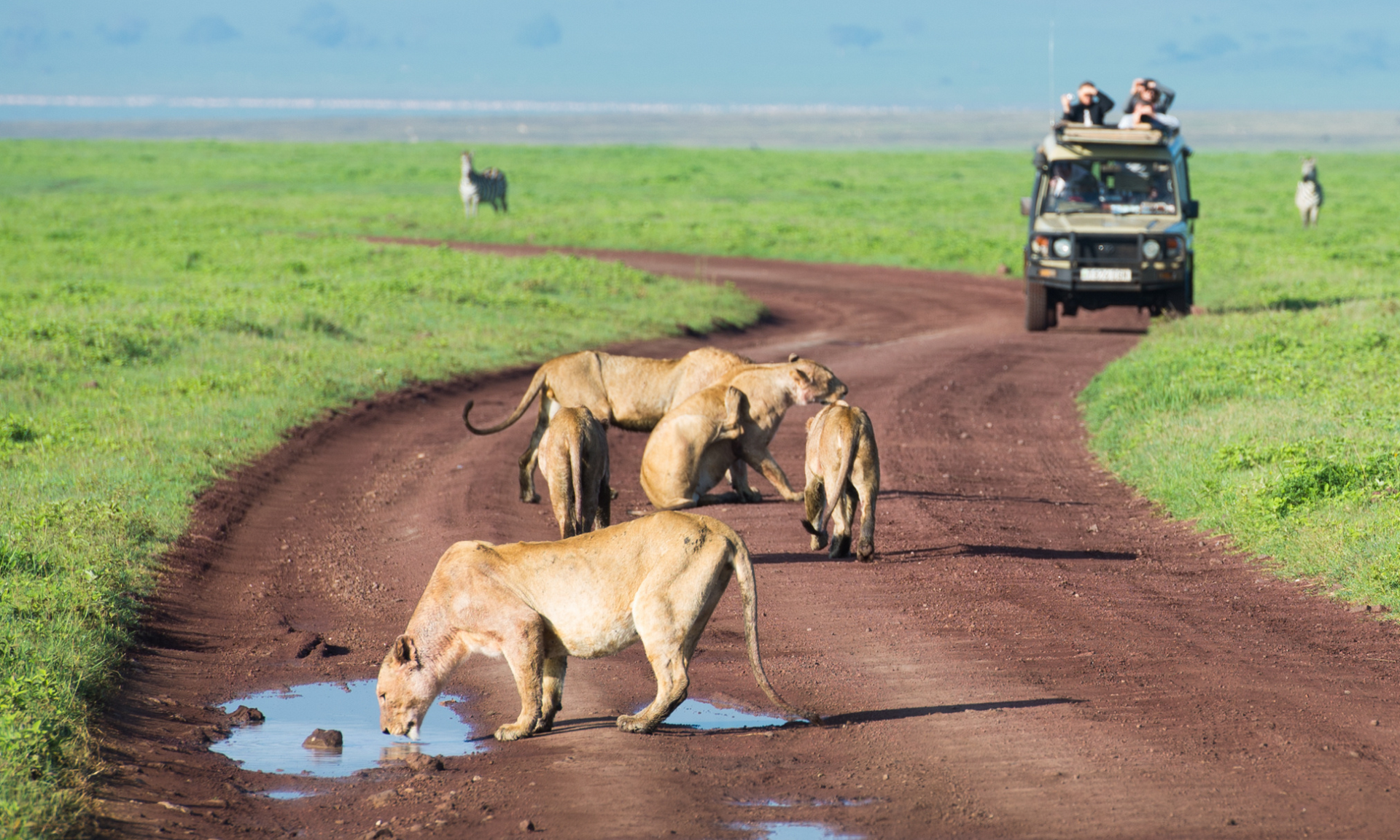
September
September continues the excellent weather conditions of August, making it another prime month for visiting Tanzania and Zanzibar. The dry season ensures great visibility for wildlife viewing and outdoor activities.
Weather and Popularity
Expect warm and dry weather with temperatures ranging from 20°C to 28°C. This month is still part of the peak tourist season, so advance bookings are recommended.
Events and Festivals:
- Sauti za Busara: A vibrant music festival in Zanzibar celebrating African music and culture.
Activities and Tours:
- Serengeti: The Great Migration continues, with herds moving towards the northern regions.
- Ngorongoro Crater: Excellent wildlife viewing opportunities with fewer tourists compared to the Serengeti.
Additional Insights:
- Music and Culture: The Sauti za Busara festival is a highlight, offering a rich cultural experience.
- Wildlife Viewing: September is ideal for safaris, with animals easily spotted around waterholes.
- Beach Holidays: Zanzibar’s beaches remain perfect for sunbathing, swimming, and water sports.
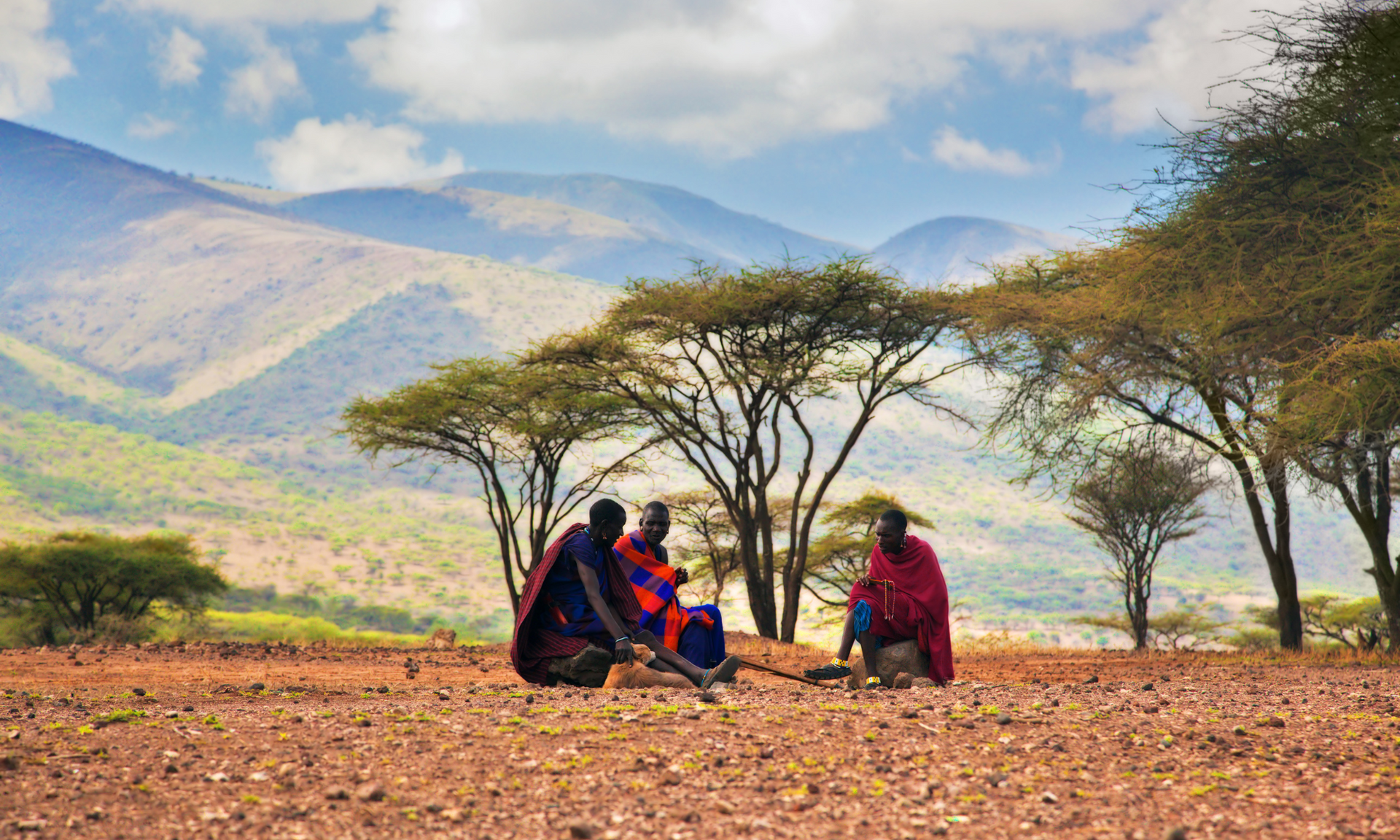
October
October marks the end of the long dry season, with temperatures starting to rise and occasional short rains beginning towards the end of the month. This transitional period offers a mix of dry and wet conditions.
Weather and Popularity
Temperatures range from 22°C to 30°C, with the possibility of short rains later in the month. Tourist numbers start to decrease, making it a quieter time to visit.
Events and Festivals:
- Diwali: Celebrated by the Indian community in Zanzibar, featuring colorful festivities and fireworks.
Activities and Tours:
- Tarangire National Park: Known for large elephant herds and baobab trees, offering excellent wildlife viewing.
- Zanzibar: Enjoy the beaches and explore the island’s rich cultural heritage.
Additional Insights:
- Transitional Weather: October offers a mix of dry and wet conditions, providing a unique travel experience.
- Cultural Celebrations: Diwali adds a festive atmosphere to Zanzibar, with vibrant celebrations.
- Wildlife Viewing: Tarangire National Park is a great alternative to the more crowded Serengeti and Ngorongoro Crater.
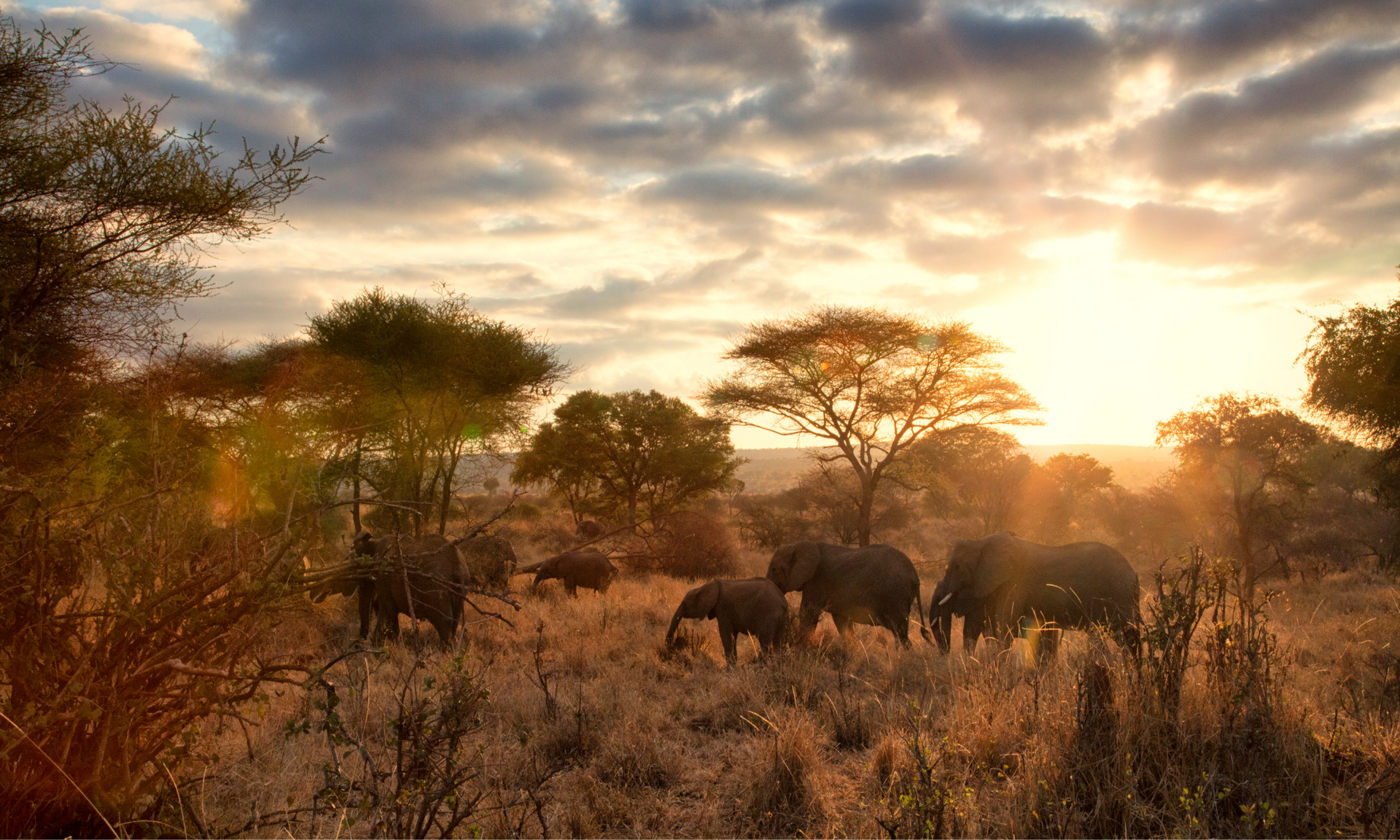
November
November is characterized by the short rains, known locally as the ‘Vuli’. While the rains can be frequent, they are usually short and do not significantly disrupt travel plans.
Weather and Popularity
Expect warm temperatures ranging from 23°C to 31°C, with increased humidity and frequent short rains. This is a low season for tourism, resulting in fewer crowds and lower prices.
Events and Festivals:
- Eid al-Fitr: Celebrated by the Muslim community, marking the end of Ramadan with feasts and festivities.
Activities and Tours:
- Selous Game Reserve: Excellent for bird watching and fewer tourists.
- Zanzibar: Despite the rains, beach activities are still possible during dry spells.
Additional Insights:
- Lower Costs: November is a budget-friendly time to visit, with lower prices for accommodation and tours.
- Lush Landscapes: The short rains bring vibrant greenery, enhancing the natural beauty of the region.
- Cultural Experiences: Eid al-Fitr celebrations offer a glimpse into the local culture and traditions.

December
December marks the beginning of the short dry season, offering warm and sunny weather. This festive month is ideal for both safaris and beach holidays, with plenty of cultural events and activities.
Weather and Popularity
Expect warm and sunny conditions with temperatures ranging from 25°C to 32°C. This is a popular time for tourists, so advance bookings are recommended.
Events and Festivals:
- Christmas and New Year: Celebrated with various events, parties, and festivities across Tanzania and Zanzibar.
Activities and Tours:
- Serengeti: Excellent wildlife viewing as the short dry season begins.
- Zanzibar: Perfect for beach activities, diving, and snorkeling.
Additional Insights:
- Festive Atmosphere: December is a lively month with numerous celebrations and events.
- Ideal Weather: The short dry season offers perfect conditions for outdoor activities and wildlife viewing.
- Beach Holidays: Zanzibar’s beaches are at their best, providing ideal conditions for relaxation and water sports.
Visa
British citizens
need a visa to enter Tanzania. You can apply for a visa online (eVisa) prior to your trip or obtain one upon arrival at the airport. However, it’s recommended to apply for the eVisa before travel to avoid long queues at immigration. The visa is generally valid for 90 days.
Currency
While not an official requirement, it is advisable to have some Tanzanian shillings or
US dollars (widely accepted) available upon arrival for any immediate expenses or for payment of visa fees, if applicable.
Language
The official language of Tanzania is
Swahili (Kiswahili), though
English is also widely spoken, especially in tourist areas, hotels, and businesses. Learning a few basic Swahili phrases can enrich your experience and be appreciated by locals.
Practical Travel Information For Tanzania
Do I need a visa to visit Tanzania?
Yes, British citizens need a visa to enter Tanzania. You can apply for an eVisa online before your trip or obtain a visa on arrival at the airport. Make sure your passport is valid for at least six months beyond your intended departure date.
Is it safe to travel to Tanzania?
Tanzania is generally safe for tourists, but like any destination, it’s important to exercise caution. Avoid walking alone in isolated areas, especially after dark, and be mindful of your belongings in busy areas. Always follow local advice when visiting national parks or interacting with wildlife.
What currency is used in Tanzania?
The currency used in Tanzania is the Tanzanian Shilling (TSh), though US dollars are widely accepted in many tourist areas. It’s a good idea to carry some Tanzanian shillings for smaller purchases, as not all places accept foreign currency.
What is the best way to get around Tanzania?
For most tourists, domestic flights are the easiest way to travel between cities and major safari destinations. You can also use local taxis, rental cars (with a driver), or buses for short distances. For safaris, game drives are typically arranged through your tour operator. Be cautious when using public transport.
Can I use credit cards in Tanzania?
Credit cards are accepted in major hotels, restaurants, and some shops in cities like Dar es Salaam and Arusha. However, it’s advisable to carry cash for smaller purchases and in more rural areas, where card payments might not be accepted.
What language is spoken in Tanzania?
The official language of Tanzania is Swahili (Kiswahili), though English is also widely spoken, especially in tourist areas, hotels, and businesses. Learning a few basic Swahili phrases can enrich your experience and be appreciated by locals.
Is there malaria in Tanzania?
Yes, malaria is common in many parts of Tanzania, particularly in rural and coastal regions. It's essential to take anti-malarial medication as advised by your doctor and use insect repellent. Sleeping under a mosquito net at night is also recommended.
Are there any health precautions I should take?
It’s recommended to get vaccinations for yellow fever, hepatitis A, hepatitis B, typhoid, and tetanus before visiting. You should also carry any necessary medications, as well as a basic first aid kit. Make sure you drink bottled or purified water and avoid consuming raw food.
What should I pack for a trip to Tanzania?
Pack lightweight, breathable clothing for the warm weather, along with a hat, sunglasses, and sunscreen. If trekking or going on safari, bring sturdy shoes, a light jacket for cooler evenings, and a camera. Don’t forget any medications and insect repellent.
Can I climb Mount Kilimanjaro without any experience?
While no technical climbing skills are required to trek Mount Kilimanjaro, it’s a challenging hike due to its high altitude. It’s important to be in good physical health and be prepared for the mental and physical demands. Many visitors choose to go with a guide and porter, who will provide support during the climb.
What are the best times to go on safari in Tanzania?
The dry season, from June to October, is the best time for safaris as animals gather around water sources, making them easier to spot. For those interested in the Great Migration, the timing of your visit can depend on the movement of the herds in the Serengeti.
Can I drink the tap water in Tanzania?
It’s advisable to avoid drinking tap water in Tanzania. Stick to bottled or purified water, which is readily available throughout tourist areas. Be cautious with ice in drinks, as it may have been made from untreated water.
Do I need travel insurance for Tanzania?
Yes, it’s strongly recommended to have comprehensive travel insurance that covers medical emergencies, trip cancellations, lost baggage, and activities like safaris or trekking. Make sure your policy covers you for any adventure activities you plan to do.
What is the tipping etiquette in Tanzania?
Tipping is customary in Tanzania, especially in tourist areas. It’s common to tip safari guides, drivers, hotel staff, and restaurant workers. The general tip is around 10% of the bill at restaurants, but feel free to tip more for exceptional service.
How can I stay connected in Tanzania?
You can purchase a local SIM card for your phone upon arrival to access mobile data and make calls within Tanzania. Wi-Fi is available in most hotels and restaurants in larger cities, but might be limited in remote areas.
Are there any cultural customs I should be aware of?
Tanzanians are friendly and respectful, and visitors should reciprocate the same courtesy. It’s important to dress modestly, particularly when visiting rural areas or religious sites. Be mindful of local customs and always ask permission before taking photos of people.
What is the voltage and plug type in Tanzania?
The voltage in Tanzania is 230V, and the plug type is generally Type G, the same as in the UK. Bring a universal adapter if your devices have a different plug type.
How long can I stay in Tanzania with a tourist visa?
The tourist visa for Tanzania typically allows a stay of up to 90 days. You can apply for an extension if needed, but it’s best to confirm with the Tanzanian embassy or consulate for the latest visa policies before your trip.
Let’s create a personalised itinerary that takes you to the country’s most iconic destinations.
With our local expertise, we’ll turn your dream trip to Tanzania into an unforgettable reality.
Start your Tanzania adventure today!
What Our Customers Say...

Vanessa W
Michaela K.

Jane
Vicky W
The Benefits Of Using Your Endless Travel
Why Choose Us?
100% Financially protected with PTS Trust Account and ATOL Licence
Completely independent and impartial advice
Flexible payment terms on select holidays
Highly competitive pricing
We have over 40 years experience across our head office team
Access 100's of world leading travel suppliers
You can reach us by phone, video call, email or even WhatsApp!


Financial Protection
All the flight-inclusive holidays on this website are financially protected by the ATOL scheme. When you pay you will be supplied with an ATOL Certificate. Please ask for it and check to ensure that everything you booked (flights, hotels and other services) is listed on it. If you do receive an ATOL Certificate but all the parts of your trip are not listed on it, those parts will not be ATOL protected. Some of the flights on this website are also financially protected by the ATOL scheme, but ATOL protection does not apply to all flights. This website will provide you with information on the protection that applies in the case of each flight before you make your booking. If you do not receive an ATOL Certificate then the booking will not be ATOL protected. Please see our booking conditions for information, or for more information about financial protection and the ATOL Certificate go to: www.caa.co.uk. ATOL protection does not apply to the other holiday and travel services listed on this website. All non-flight package holidays on this website are financially protected via our PTS Trsut Account (this does not apply to other travel arrangements such as accommodation only bookings).
Title or Question
 Describe the item or answer the question so that site visitors who are interested get more information. You can emphasize this text with bullets, italics or bold, and add links.Button
Describe the item or answer the question so that site visitors who are interested get more information. You can emphasize this text with bullets, italics or bold, and add links.ButtonTitle or Question
 Describe the item or answer the question so that site visitors who are interested get more information. You can emphasize this text with bullets, italics or bold, and add links.Button
Describe the item or answer the question so that site visitors who are interested get more information. You can emphasize this text with bullets, italics or bold, and add links.ButtonTitle or Question
 Describe the item or answer the question so that site visitors who are interested get more information. You can emphasize this text with bullets, italics or bold, and add links.Button
Describe the item or answer the question so that site visitors who are interested get more information. You can emphasize this text with bullets, italics or bold, and add links.Button
Client Login Portal
Agent Login Portal


